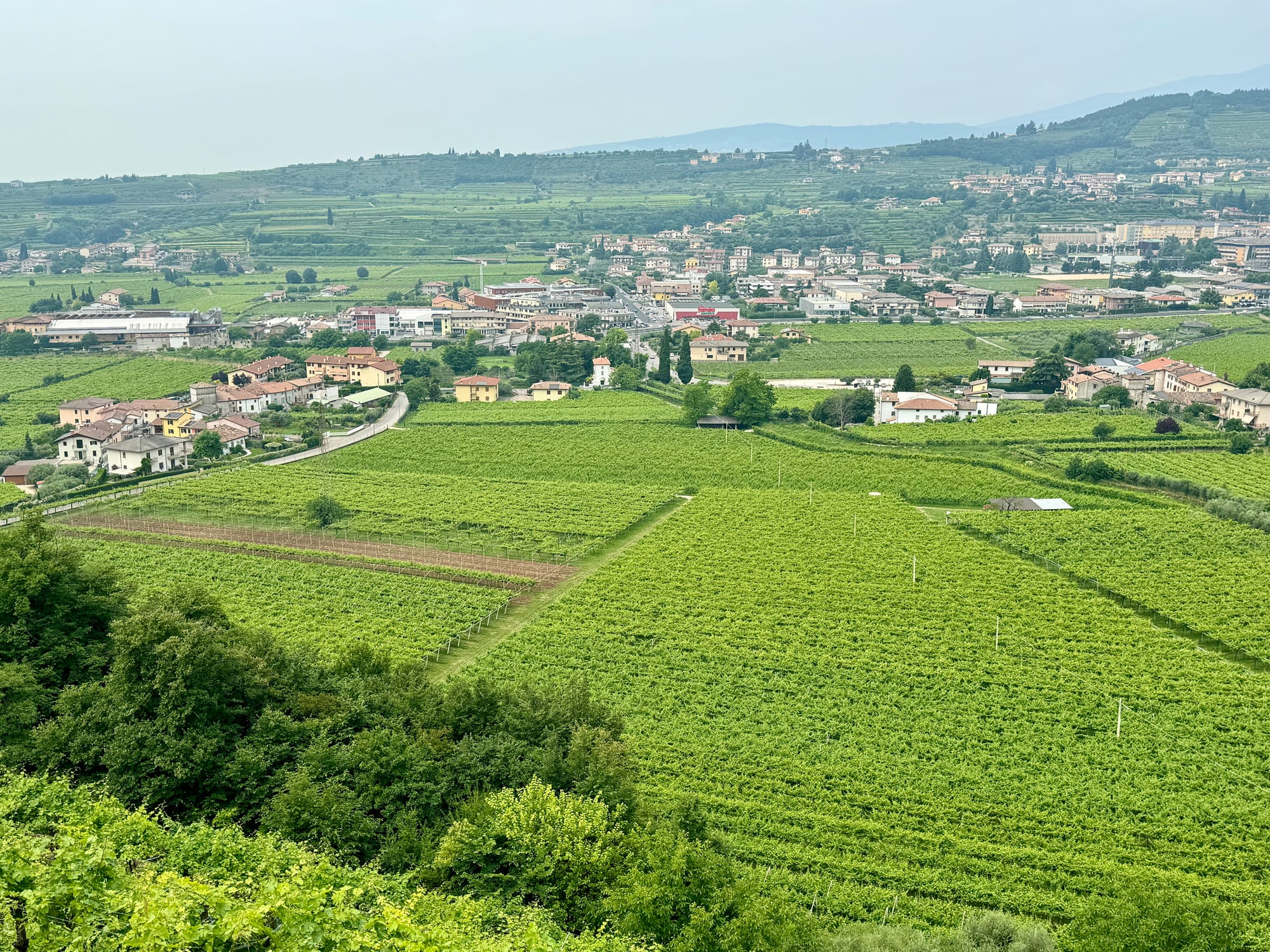Climate Change Impacts on Organic Farming

I recently visited a winery in Valpolicella, Veneto, in northeastern Italy, renowned for their Amarone. During the tour, I learned that the region has been experiencing significantly more rain in recent years. This increased rainfall has led to widespread outbreaks of the plasmopara viticola fungus, which attacks grapevines' leaves and fruits, causing downy mildew. This has devastated vines in many Italian regions and has led to a double-digit reduction in wine production nationwide in recent years.
To combat this fungus and protect their harvests, I was told that many organic wineries in the Valpolicella region have attempted to use organically certified copper fungicides. However, overuse of these fungicides has apparently resulted in soil accumulation, harming beneficial organisms and stressing the vines, which in turn affects grape quality and flavor. Additionally, overuse of copper has led to residues ending up in the wine when the grapes are pressed, rendering it unsuitable for consumption.
The winery I visited, while very supportive of organic and biodynamic winemaking, mentioned that after trying numerous organic techniques, they felt they had to switch to non-organic pest and fungus management strategies to mitigate these risks and maintain the health of their grapevines. They also noted that most of the region is moving away from organic farming and is unlikely to switch back.
Hearing this story was the first time I truly considered the impact of climate change on agricultural practices and its implications for the future of organic certification.